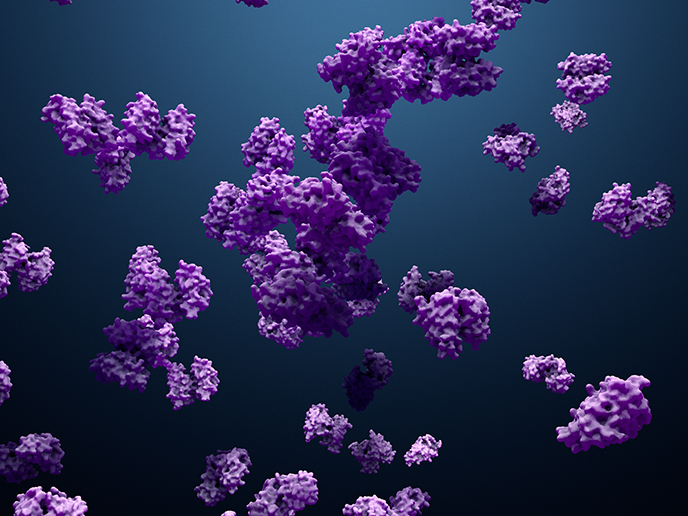Manufacturing machinery adapts intelligently
EU-funded scientists working on the project 'Hierarchical and adaptive smart components for precision production systems application' (HARCO) are revolutionising machine tool and manufacturing machinery design rules. The current challenge in manufacturing is to develop stiff, light-weight and well-damped structures to increase product quality and throughput with minimal waste and machine downtime. In order to achieve these goals, engineers seek to integrate adaptronic devices for multiple functions, including active vibration control, adaptive fixturing and advanced thermal stability control. All of these capabilities must be achieved in a cost-effective and commercially viable design. HARCO has made this possible with a hierarchical approach. Smart actuators and sensors are integrated into modular adaptronic devices that can then be connected (plugged in) to form adaptive smart components (ASCs). The ASCs are elements of a distributed control architecture, with integrated control logic linked to a computer numerical control system. The intelligent ASCs can thus adapt behaviour according to changes in the operation environment. ASC technology for vibration control, adaptive fixturing and thermal compensation was demonstrated in milling machine tools and robots to highlight the benefits of the holistic approach. Commercialisation will help a huge market sector involved in the manufacture of machine tools and production equipment as well as the end-users who purchase them. Substantial increases in product quality and productivity are expected along with enhanced energy efficiency.
Keywords
Machine tool, manufacturing machinery, adaptive smart component, computer numerical control, milling, robots







